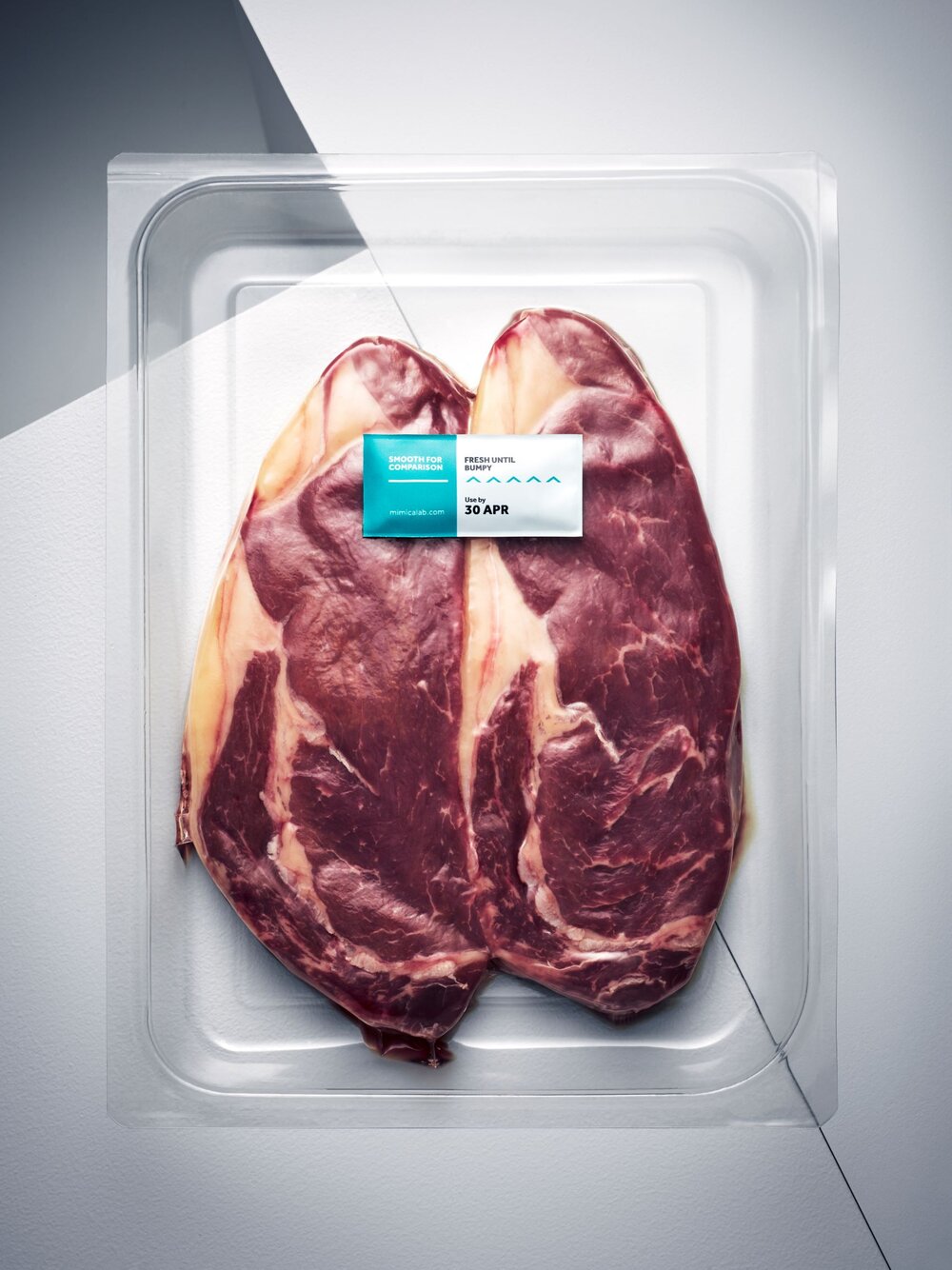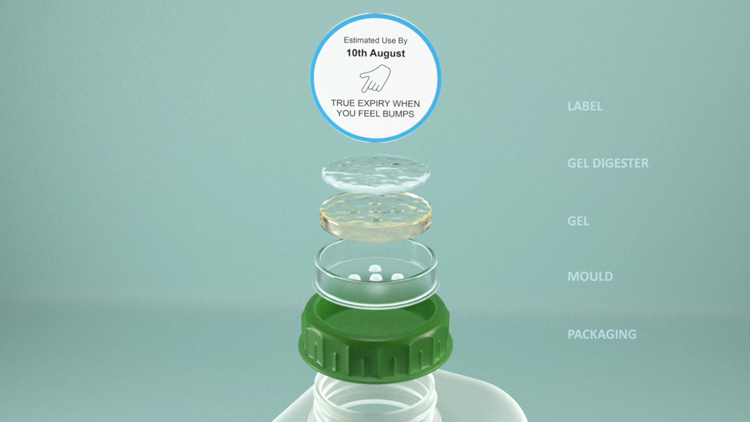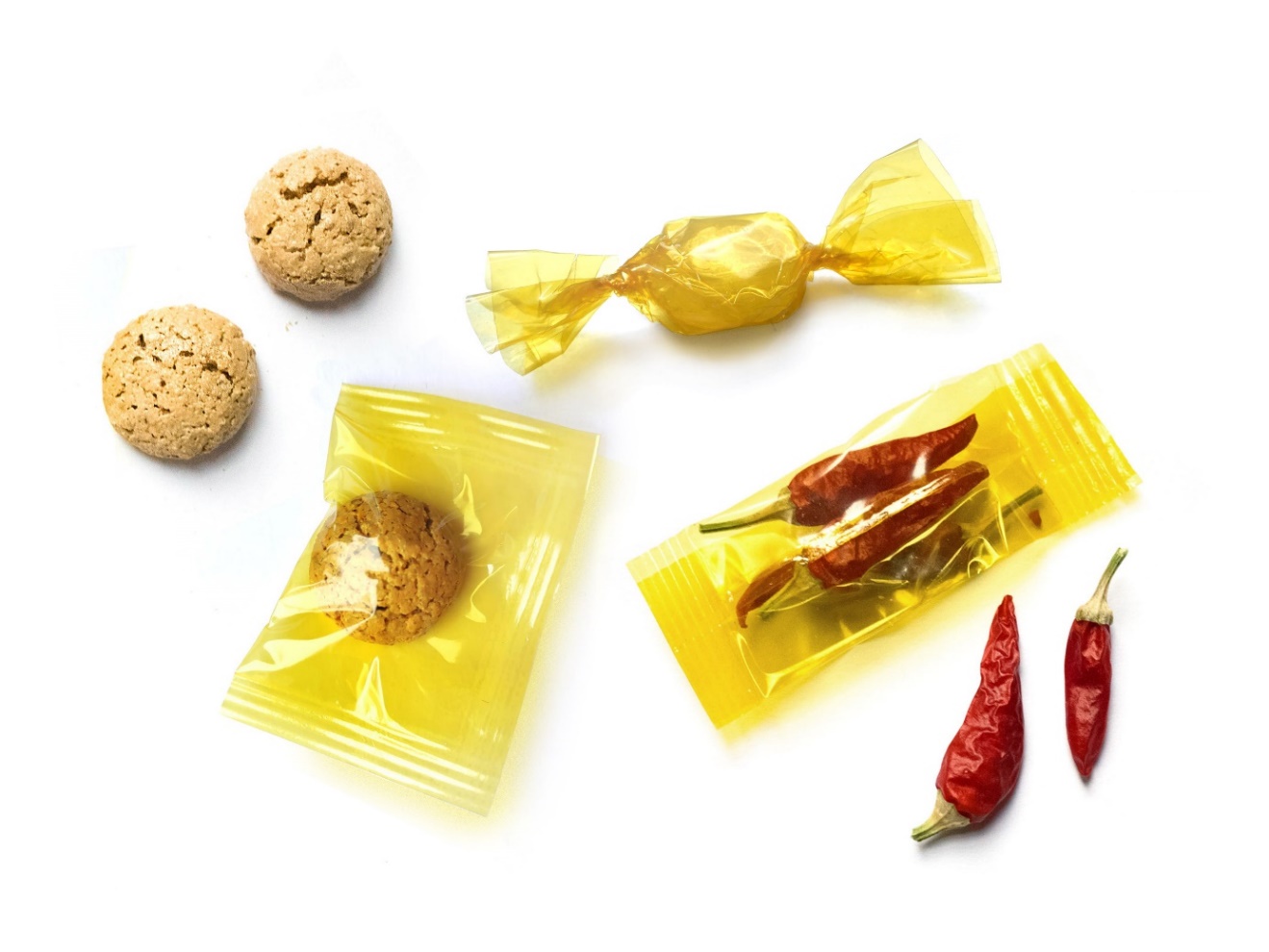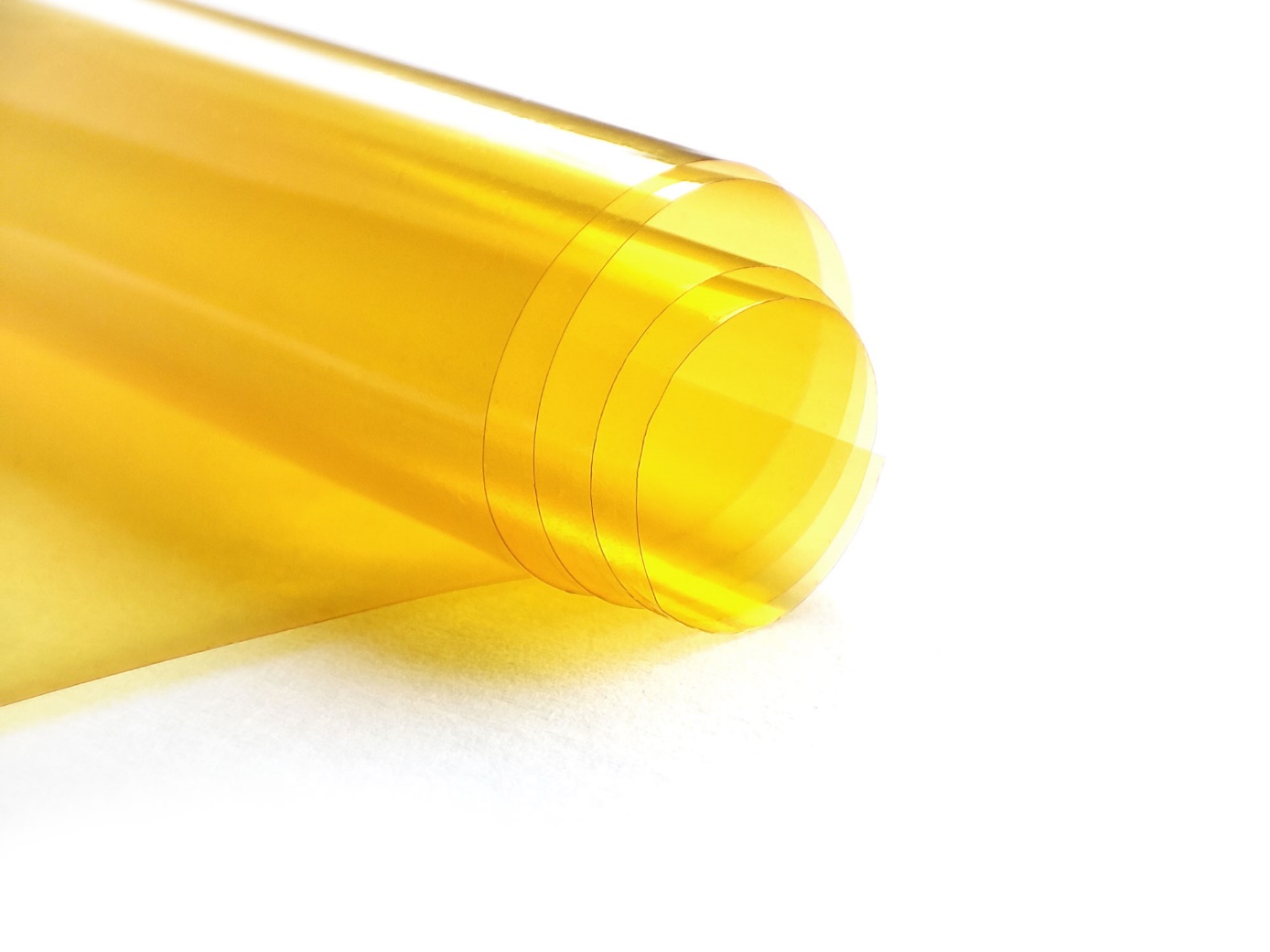Case studies
R-CREATE (www.r-create.ro/) is a Romanian start-up aiming at significantly reducing pollution and waste using the principles of the Circular Economy. Their vision and mission are to introduce on the Romanian market returnable, reusable and recyclable packaging solutions that can be used effortlessly by retailers and consumers. R-CREATE is investing in a culture of sustainability through education, innovation and collaboration. They developed the first waste-free solution for the Romanian online buyers.
The challenge
The exponential growth of e-commerce led to a significant increase of packaging waste. According to Eurostat, only 14% of the waste produced in Romania is recycled so most of the resulted packaging waste will end in landfills, with negative consequences on environment but, also, with social and economic impacts.
The solution
R-CREATE developed a reusable packaging solution for e-commerce that allows reducing trash resulted from online orders. It consists in a series of steps:
- the products ordered online are packed in a special package,
- the parcel is handed over to a courier who deliver it to the customer,
- the customer opens the package and retrieves the products,
- the courier takes the packaging back,
- the packaging is reintroduced into the circuit.
The packaging is made from a durable material (polypropylene) and has a lifespan of up to 20 uses. When packaging wear and tear is too severe, R-Create recycles it in collaboration with a recycling company, and a new R-Create packaging is manufactured.
The start-up is working to this solution since 2019, when they won the price for the best idea in the field of recycling at the ReUse Hub accelerator programme supported by Impact Hub Bucharest and PepsiCo.
The solution was tested in 2020 in collaboration with important Romanian actors from online commerce, recycling and courier service industry. In addition to the environmental benefits, the solution cuts the packaging costs, eliminate the need of customers dealing with the packaging waste and it’s a powerful customers retention tool. R-CREATE estimates that will eventually replace more than five million disposable packaging with this solution.
Lessons learned
Using reusable packaging is a win-win solution as both sellers and customers can benefit from reducing the waste and the packaging costs.

Source: https://www.r-create.ro/
Case study no.2: Mimica – smart labels to reduce food waste
Mimica (www.mimicalab.com/) is a UK based start-up that aims at making the food system more sustainable by extending the shelf life of fresh food. Their first product, Mimica Touch, is a smart label that helps reducing food waste by showing exactly when food spoils.
The challenge
Food waste has significant social, environmental and economic impacts so it is crucial to reduce it as much as possible.
Current printed expiry dates for food are inaccurate and conservative estimates. The shelf life is shortened to protect consumers in case of problems in the supply chain or in their homes. In reality, the food can be perfectly safe after the expiry date indicated on the product label. It is estimated that 60% of food wasted is still edible, so consumers relying on best before dates may discard perfectly good food.
The solution
Mimica Touch is a tactile freshness indicator and food expiry label that accurately mimic the decay rate of food using specifically designed bio-responsive gel. This gives a real-time indication of the product’s freshness as is exposed to both the same conditions as the food and the off-gases emitted from expiring food. Consequently, it prevents edible food from being thrown out, thus reducing food waste. Mimica Touch also helps consumers to store food at the right temperature, therefore extending its life. In addition, it offers an increase to profits and savings for all stakeholders.
The Mimica Touch smart label is available in either a flat label or a bottle-cap format and gives tactile information. The consumers just run their fingers over it, and if the label feels solid and smooth it means the food is perfectly edible. Alternatively, if the label is soft and bumpy it indicates that the food is no longer safe to eat.
Right now, the smart label is used on juice, dairy and meat, but Mimica aims at creating accessible, affordable freshness indicators for all types of perishable products, from food to pharmaceuticals. Mimica had already piloted its solution with major UK companies from dairy, meat and juice industries, and is planning to hit supermarket shelves soon.
Lessons learned
Smart labels can be successfully used to reduce food waste.

Source: www.mimicalab.com/

Source: www.mimicalab.com/
Case study no.3: traceless materials, a Circular Bio-Economy start-up
traceless materials GmbH (www.traceless.eu) is a circular bioeconomy start-up based in Germany. It offers a holistically sustainable alternative to plastics and bioplastics that is fully compostable in nature, contributing to solve the global plastic pollution.
The challenge
Global plastic pollution has become one of the most critical environmental issues and negatively affect organisms, ecosystems, human wellbeing, and many socio-economic sectors. New materials that can replace plastics without presenting their undesired properties are desperately needed in order to reduce the accumulation of plastic waste.
The solution
traceless materials developed materials having the beneficial properties of plastics while being free of hazardous additives or solvents and able to degrade under natural composting conditions. These have the potential to make a significant contribution to solving global plastic pollution.
These novel materials are obtained through the transformation of agricultural industry residues using an innovative patent pending technology and a circular economy approach. Although bio-based, these materials do not compete with food production, so don’t require the change in land use. Contrary to conventional (bio)plastics, they don’t need any harmful chemicals and have up to 87% lower CO2 emissions.
The traceless materials come on various forms (a flexible film, a mouldable plastic and a sprayable solution for coatings) and can replace plastics in a wide range of applications. The film has good mechanical properties and can be casted, dyed, printed and heat-sealed. The hard plastic alternative has good mechanical properties and can be extruded, injection moulded, printed, dyed and more. The protective coating can be sprayed or spread, it is storage-stable and non-toxic.
The quality of traceless materials is competitive to conventional plastics and bioplastics. In addition, when produced on an industrial scale, they are price competitive to conventional plastics. The start-up plans to bring first products made of traceless materials to market in early 2022.
Lessons learned
There are practical solutions to the global plastic pollution problem, new bio-materials being one of these.

Source: www.traceless.eu/

Source: www.traceless.eu/

Source: www.traceless.eu/

 Deutsch
Deutsch Español
Español Italiano
Italiano Nederlands
Nederlands Polski
Polski Română
Română